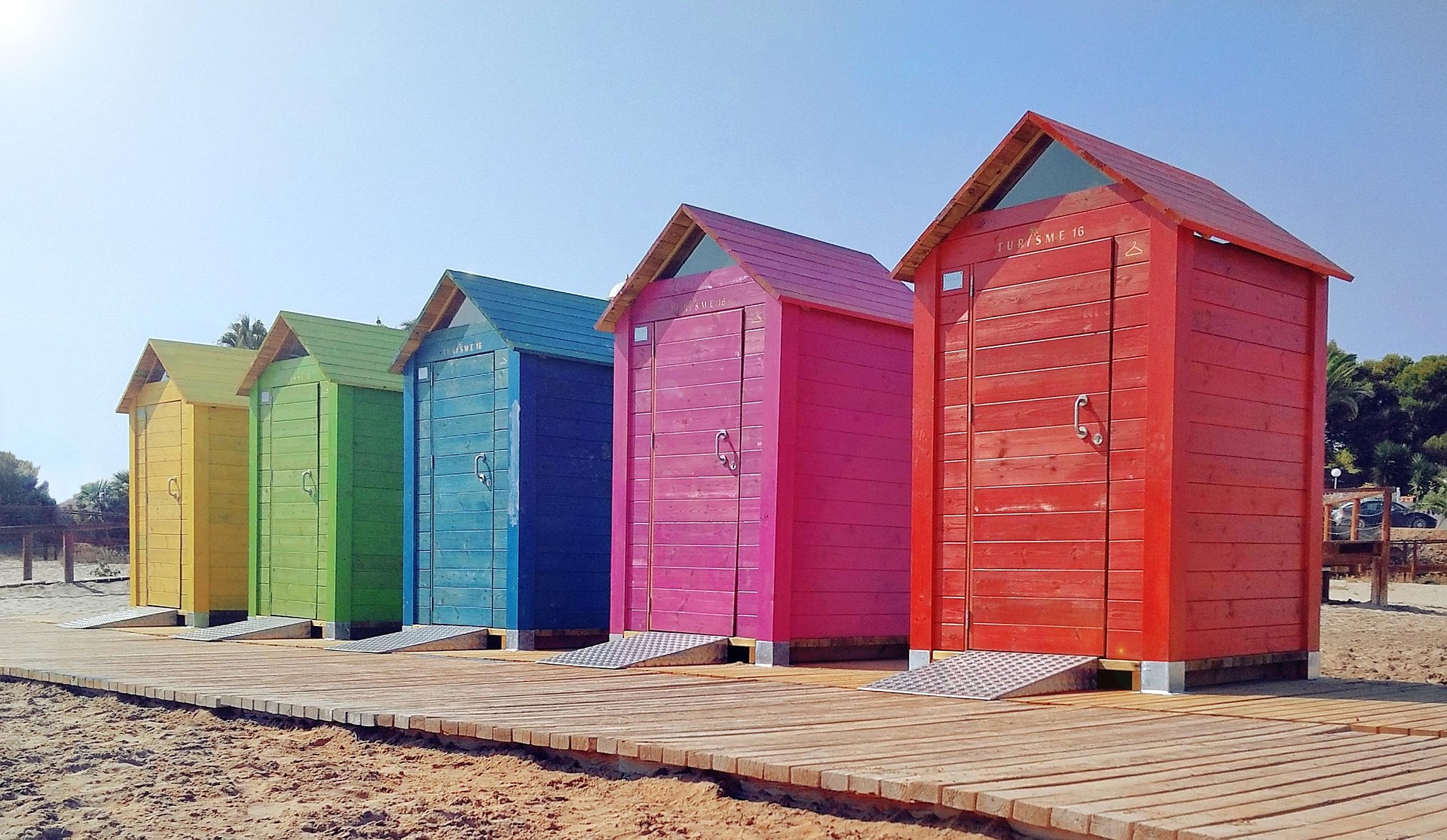Imagine a sunny Muskoka morning: you’re sipping coffee on your screened porch (breezy, bug-free bliss) – until Mittens pounces and rips a hole like it’s nothing. Your screen is the bouncer between you and the wild outdoors, and picking the right mesh is crucial. Let’s break down the contenders nylon, fibreglass, and pet-resistant mesh – with pros, cons, costs, and how they handle claws, weather, and decades of use.
Nylon Mesh: The Rugged Veteran
- Tear-resistant & UV-proof: Nylon is surprisingly tough and elastic. It flexes without denting and resists sunlight fading. It’s also mildew-resistant in our humid summers. In other words, it’s the punch-proofer of screens.
- View & feel: It can be made very fine (or even coloured), giving good visibility. But nylon is thicker than fibreglass, so your view is slightly grainier.
- Cost & availability: Nylon tends to be pricier than fibreglass and is sold in fewer hardware stores. In one comparison, standard fibreglass rolls ran about $0.20–0.30/sq ft, whereas pet-grade (vinyl/poly) screens could be ~2–3× that. Nylon often slots mid-range. Buyers note fibreglass is “more affordable than nylon”.
- Durability: Nylon beats fibreglass in durability tests – it “is more durable than fiberglass…less likely to dent or tear,” and even stands up better to UV and mildew. Practical scratch-test: a determined cat might paw at a nylon screen, but it’ll take multiple swipes rather than an instant tear. Think of nylon as your burly outdoorsman – reliable for years, though at a premium.
Fibreglass Mesh: The Workhorse Default
- Budget-friendly: Fibreglass is the cheap-and-cheerful champ – think of it as the standard-issue VW Beetle of screens. A basic 36″×100′ roll can go for ~$45–55 (around $0.15/sq ft), far less than specialized meshes.
- Easy & flexible: It doesn’t crease or dent (like aluminum can) and is easy to install with a spline roller. Fibreglass “doesn’t crease, dent, or unravel” and is popular for its flexibility. It also resists corrosion and won’t rust in our lakeside humidity.
- Visibility & ventilation: Being fine (18×16 mesh), it lets in tons of air and light without blocking the view. It’s the “fine mesh” for a clear picture, perfect when you want a screen that’s basically invisible.
- Weather resistance: Fibreglass is UV and moisture resistant, so Muskoka heat and rain won’t quickly degrade it. In a simulated “7-year weather test,” high-end fibreglass retained almost all its strength; ordinary fibreglass can become brittle over years in sun. After prolonged exposure, “standard fiberglass screen becomes hard and brittle…easily damaged” by objects or pets.
- Weak points: For all its perks, basic fibreglass isn’t pet-proof. A curious dog or cat can puncture it, especially over time. It’s the flimsy mode: fine for bugs and breeze, but not ideal for claws or impact. Expect to replace it every 5–10 years if it faces heavy use or abuse. (Homeowners often tolerate this “wear-and-replace” cycle because it’s cheap.)
Pet-Resistant Mesh: The Screen Bodyguard
Imagine your kitty treating the door like a jungle gym. Pet-resistant mesh is designed for those scenarios. Typically made of vinyl-coated polyester (or heavy-duty fibreglass), it’s the armored vest of screens. Key points:
- Super strength: Pet mesh is quoted as “7-times stronger than regular insect screening”. It will shrug off dog paws, cat claws, and even flying debris. One test showed a brand of pet screen lost only 1% strength after 7 years of UV exposure, whereas normal fibreglass was already cracking. In practice, pets “scratch-resistant to withstand claws and rough use”, so they learn quickly it’s not worth the effort.
- Durability: It “resists tears and damage unlike other screen materials”. Think of it like a mesh fortress – you’re more likely to peel paint than rip this stuff. It’s also UV-tolerant(won’t fade like cheap screens) and mildew-resistant. In short, it’s built to last, especially in a cottage where bear claws almost count as pets.
- Visibility trade-off: Because it’s thicker (often a 17×14 mesh), it’s slightly less “invisible”. You will notice a bit more netting in the view, but most people say the peace of mind is worth it. (If pristine view is your top priority, nylon or high-end fibreglass give the clearest sightline.)
- Cost: Yes, it costs more. In store terms, a 96″×50′ roll of pet-grade screen might run ~$297. But for homes with pets (or heavy-duty demands), this is an upgrade that pays off by not requiring constant patching. It’s the “little extra, not a second mortgage” windowrises.com for worry-free summers.
Claws, Bugs & Weather: The Muskoka Trial
- Pets vs. Mesh: In our region, many cottages have dogs or cats itching to escape. If a pet has ever volunteered to be a screen tester, pet-resistant mesh is the clear winner. Nylon is decent, but pet mesh makes repair calls 7× less likely.. Even if Fido isn’t savage, hire-a-squirrel and woodpeckers can require a tough screen.
- Bug Off!: Muskoka’s bug bouquet includes mosquitoes, blackflies, deer flies, wasps, and ticks. All these will breach any insect screen if they can. The mesh count (e.g. 18×16) needs to stop the smallest skeeters but still let air in. Nylon, fibreglass, or pet mesh – they all stop bugs. (If “no-see-ums” are a problem, you’d go for ultra-fine mesh, but that’s beyond our main three.) The key is keeping that mesh in place.
- Dirt & Tracks: Fine meshes (especially fibreglass) can catch pollen, dust and grime, which sometimes ends up in door tracks and makes sliding sluggish. Regular cleaning helps – or you can schedule a Patio Screen Door & Roller Repair service. WindowRises notes that stuck rollers often need cleaning or new parts. (No citation needed: just trust us, keep that track clear!)
- Heat & Humidity: Simcoe/Muskoka summers average highs near 78°F with humidity ~73%. Nylon and pet mesh tolerate UV (and mildew) really well. Fibreglass also handles sun and moisture – it’s UV & weather resistant, so patios won’t bake or rust it quickly. The main summer worry is just bug pressure (and maybe a stray badminton shuttlecock).
- Winter Cold: We hit lows around 17°F in January. Most people roll up their screens for the winter. If a screen stays out, none of these materials will shatter in cold – unlike cheap plastic, they stay flexible. (Just don’t lean a snowblower against it.)
Bottom Line: Which Mesh for You?
- Homeowners (no pets): Fibreglass is usually fine and friendly to the wallet. It keeps bugs out and views clear. Expect to replace it in 5–10 years if abused. If you prize longevity or plan to rent out your cottage, consider stepping up to nylon or a mid-grade fibreglass that’s slightly heavier.
- Homeowners (with pets): Skip basic fibreglass. Pet-resistant mesh is strongly recommended. It might cost more initially, but it will pay you back in saved repair time (no more claw holes every summer). Nylon could do in a pinch, but pet mesh is explicitly designed for this drama.
- Property Managers/Landlords: Tenants will scratch doors, kids will slam doors. A heavy-duty screen is smart. Pet mesh (or at least a reinforced fibreglass) cuts down calls for broken screens. Even if you remove pets, the occasional rogue ball or heavy use means pet-grade means fewer trips to fix it.
- View vs. Toughness: If seeing through the screen is your top priority (say, lakeside views), nylon or “BetterVue” high-end fibreglass give the clearest look. If toughness ranks higher (pets, rental wear, rental worth), go thick and sturdy.
- WindowRises’ Recommendation: We often advise Muskoka clients: “Don’t skimp if you’ve got claws in the house.” A repair with pet-screen today beats a $99 repair every year with flimsy mesh. And yes, WindowRises carries pet-proof mesh on the vehicle for on-the-spot upgrades, so it’s pretty painless to beef up your screen on service day.
WindowRises to the Rescue
Torn or damaged mesh? Slider stickiness? WindowRises has you covered. We come to you in Barrie/Simcoe/Muskoka with tools and parts, often fixing screens and rollers in one visit. Our techs haul all common meshes (including pet-grade) in the vehicle, so we can replace that shredded panel with a stronger one immediately. Most fixes start around $99 (screen replacement) plus $49 if you need rollers or tracks smoothed with upgrades to pet screen mesh for an additional amount. And yes – we’ll gladly upgrade you to pet-resistant or weatherproof mesh on the spot. Check out our Patio Screen Door & Roller Repair (Barrie/Muskoka) page for details.
Don’t let a torn screen stay torn. WindowRises.com can patch, re-screen or upgrade your patio door so the only thing wandering in are fresh breezes – not bugs or furballs. Happy summer sun and stars from the team – here’s to clear views, calm tracks, and clap-your-hands screens!




